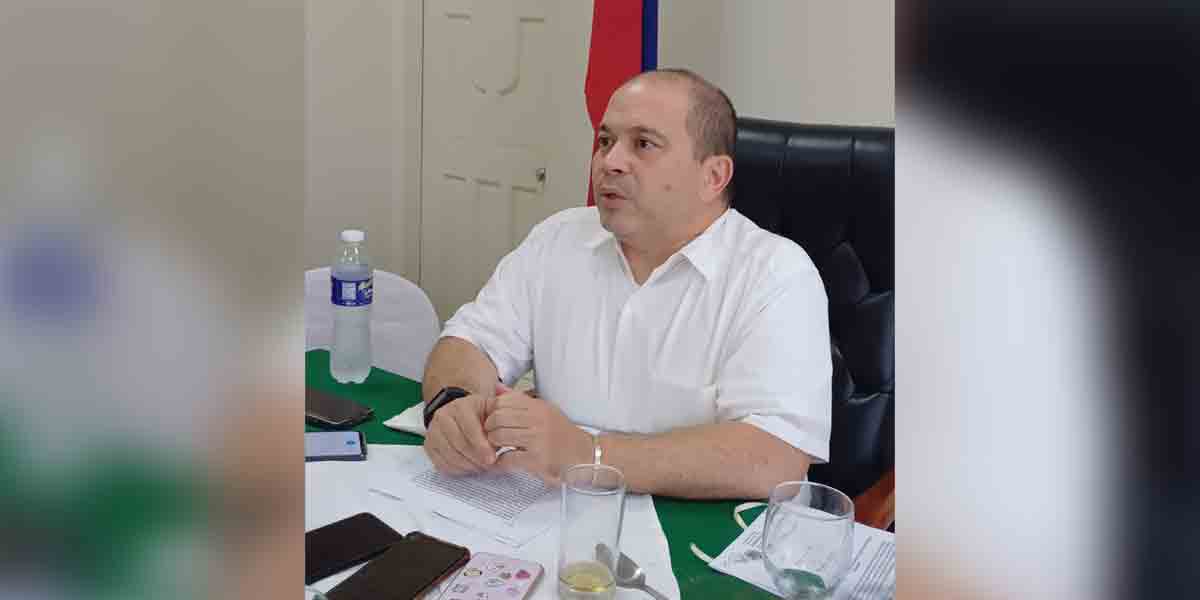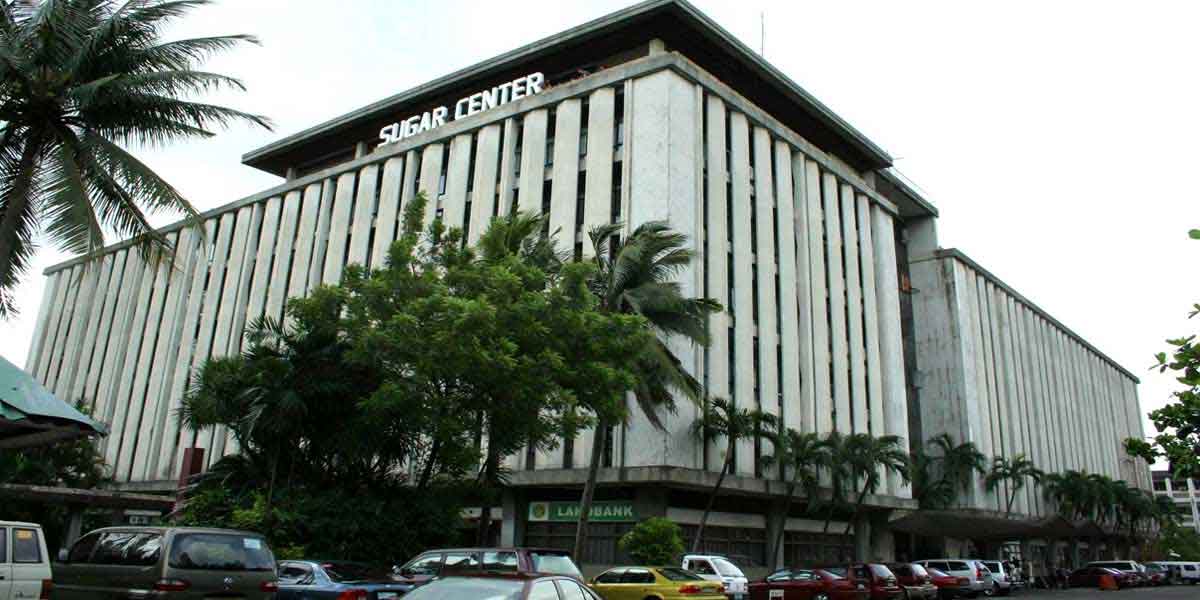
By: Jennifer P. Rendon
JAMINDAN, Capiz – In a hall packed with former rebels clad in white shirts, President Rodrigo Duterte gave his word to protect them from harm against members of another rebel group, the Communist Party of the Philippines-New People’s Army (CPP-NPA).
Duterte made his pledge during the disposition of arms and forces of the Rebolusyonaryong Partido ng Manggagawà Pilipinas-Revolutionary Proletarian Army – Alex Boncayao Brigade-Tabara Paduano Group (RPM-P/RPA/ABB-TPG) evening of Sept. 19, 2019 at the headquarters of the Philippine Army’s 3rd Infantry Division at Camp Peralta in this town.
The government and the RPA-ABB led by Veronica Tabara acknowledged that the event is another big leap to enduring peace, following an almost two decades of peace talks.
But while the RPA-ABB has settled its disputes with the government, hundreds of its members fear that their move might further elevate the bad blood between them and the CPP-NPA.
In fact, Tabara said that 23 RPA-ABB leaders have been killed by NPA members in the years since they formed the faction.
But Duterte has somehow allayed their fears claiming they have nothing to worry about.
“You are part of the government. Magkasama na tayo ngayon. Kung ipitin kayo ng mga komunista and if they really want trouble, I will give you a new firearm,” he said.
Gesturing to the hundreds of firearms yielded by the group, “mas maganda pa dito. Ang mga baril ninyo, madumi na ‘yan.”
He also warned the NPA against hitting RPA-ABB members.
“If you begin to f_ck with these guys, I’m going to arm them,” he said.
Duterte said the RPA-ABB’s move to be with the government means “we are now duty-bound to protect you and if you think that you are in danger at titingnan ko that you are almost killed, bibigyan ko kayo ng armas, o kung gusto nyo tangke-de-giyera?”
He then asked them if they knew how to operate a battle tank or a helicopter.
But amidst some misgivings, Duterte again stressed that he will honor with his life the pact the government signed with the RPA-ABB.
It can be noted that following the successful implementation of the second phase of decommissioning of Moro Islamic Liberation Front (MILF) combatants earlier this month, Duterte reiterated that his administration will honor all signed peace agreements, including the one signed between the KAPATIRAN and the national government in 2001.
The Office of the Presidential Adviser on the Peace Process (OPAPP) and Department of Social Welfare and Development (DSWD) have interviewed and profiled a total of 727 KAPATIRAN members in the days leading to the disposition of arms and forces.
KAPATIRAN members from Negros, Aklan, Bukidnon, Antique, Capiz, Iloilo, Luzon, and Mindanao were photographed, fingerprinted, and assessed, as part of the preparations for their transition into civilian life.
There were 315 demilitarized firearms – 274 from Region 6 and 41 from Region 7.
During the event, several demilitarized firearms and explosives were presented to President Duterte. Selected firearms were demilitarized onsite by the Philippine National Police.
TRAINING FOR REBELS
As part of their decommissioning process, these former rebels will be housed in the 3ID headquarters to undergo a 45-day training that shall conform to the military standard.
The training will tackle nationalism, chain of command, camp defense, and disaster response and rescue operations, among others.
A total of 267 selected KAPATIRAN candidates for the Community Defense Unit training were presented to Duterte.
As part of the commitments contained in the Clarificatory Implementing Document signed by the Philippine Government and the Kapatiran in July 2019, the latter received socio-economic assistance packages from the DSWD during the event.
Meanwhile, President Peace Adviser on Peace, Reconciliation, and Unity Carlito Galvez lauded KAPATIRAN for sustaining the gains of the peace deal it forged with the government.
“Kami po sa gobyerno, nagpapasalamat po kami dahil sa inyong hindi pagbitiw, at sa patuloy na pagtitiwala sa amin. Kayo po ang magsisilbing patunay na hindi po karahasan ang sagot sa pagbabago.
LOCALIZED PEACE TALKS
The 3rd ID hierarchy believed that the gains in their anti-insurgency campaign were a result of localized peace talks.
“The decommissioning of hundreds of RPA-ABB members is a classic example that localized peace talks is better than centralized peace negotiations,” said Captain Cenon Pancito III, 3rd ID spokesperson.
The event, he added, is a breakthrough in the government’s peace campaign that manifests its sincerity of helping those who took the wrong path but chose to go back to the fold of the law.
Meanwhile, Police Brigadier General Rene Pamuspusan, Western Visayas police chief, said the decommissioning, has a great impact on the fight against insurgency.
“That’s less of hundreds of enemies. In the process, hundreds of firearms, that could be used against us, were also taken out,” he said.
Pamuspusan said the move signals a good message to those who are still doing the armed struggle.
Meanwhile, Brigadier General Dinoh Dolina, 3ID commander, again appealed to the leaders of the other local communist groups in the region to take cue from RPA-ABB talking to the government so that valid issues will be resolved in peaceful ways.
“It has been proven that armed struggle is not the answer to your causes. Denounce your national leaders for they only feed you nothing but misery and poverty while they are living lavish lifestyles in the cities,” he said.
Dolina encouraged other rebel groups to lay down their arms, return to the folds of law, talk to the government and be the government’s partners in drawing a common solution of ending violence that affects every Filipino people.”
KAPATIRAN BACKGROUND
The Kapatiran para sa Progresibong Panlipunan., or simply KAPATIRAN, is a SEC-registered entity, established in 2013 in line with the mainstreaming of the rejectionist group of the CPP-NPA called Rebolusyonaryong Partido ng Manggagawà Pilipinas – Revolutionary Proletarian Army-Alex Boncayao Brigade-Tabara Paduano Group (RPM-P/RPA/ABB-TPG).
It is currently headed by Mrs. Veronica Tabara, wife of deceased RPA-ABB leader Arturo Tabara.
Why the rift between the RPA-ABB and the NPA?
As early as the 90s, following the ousting of Ferdinand Marcos from Malacañang, the internal debate within the Communist Party of the Philippines occurred, as “rejectionists” questioned the national policy of the CPP.
Among others, the rejectionists questioned the party’s continuing strategy of armed struggle.
They were also wondering what the party’s stand in national policy-making was, following Marcos’ ouster.
In the 1986, the RPM-P and its military arm, RPA were formed, and upon combining with a Metro-Manila based unit, the RPM-P/RPA/ABB-TPG was established.
In 2000, a peace agreement was signed between the Philippine government and the RPM-P/RPA/ABB-TPG.
The Clarificatory Implementing Document, which lists down the commitments of both the government and KAPATIRAN, was signed last July 18, 2019.
The CID has five components:
- Disposition of Arms and Forces and security arrangements;
- Social and Economic Reintegration of the RPM-P/RPA/ABB-TPG/Kapatiran;
- Release of the remaining alleged political offenders;
- Transformation of the RPM-P/RPA/ABB-TPG into a civilian organization engaging in socio-economic and political activities; and
- Community Peace Dividends.
The Joint Enforcement and Monitoring Committee (JEMC) was created to monitor the implementation of the CID, among others.
Veronica Tabara and Undersecretary Cesar Yano from the Department of National Defense co-chaired the JEMC.
A closure agreement is expected to be signed by 2022, upon the fulfilment of the requirements stated in the CID.
At present, the KAPATIRAN is represented in Congress through Rep. Joseph Stephen Paduano of Abang Lingkod Partylist, himself a product of the 2000 peace agreement.



















